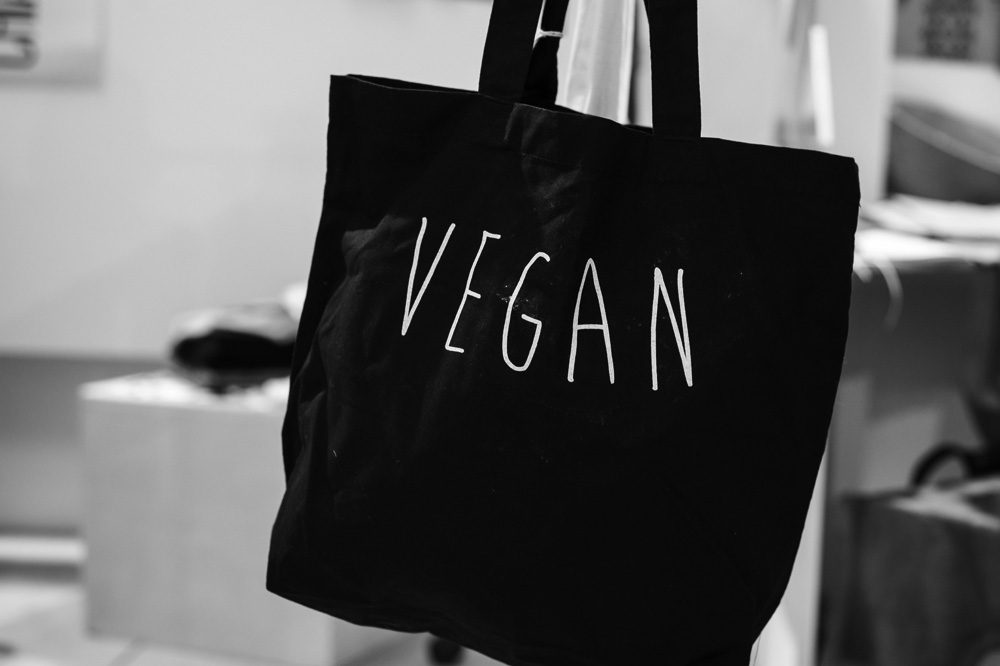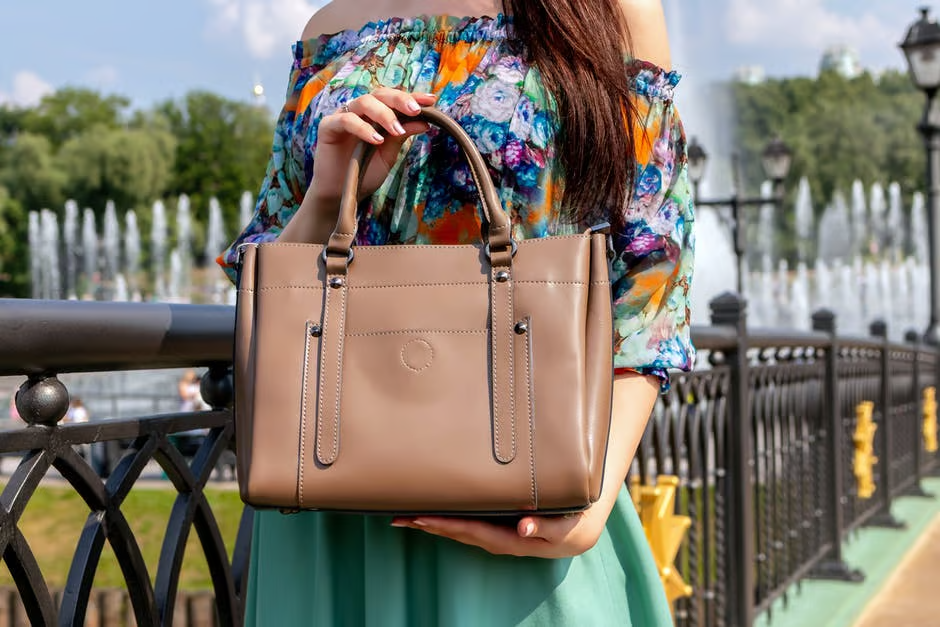In an era of ethical consumerism, vegan beauty is far more than a trend as more and more people are making conscious decisions about what they consume. ‘Sustainable,’ ‘eco-friendly’ and ‘cruelty-free’ aren’t buzzwords. Each one of us has the power to lead change with our choice of products. For example, buying cruelty-free and vegan beauty brands i.e. products that were not tested on animals and have zero animal-derived ingredients, go a long way in changing the narrative. And, as more and more people are consciously considering the products they purchase—including celebrities like Beyoncé and Jay-Z—being vegan is not an oddity.
How Vegan Beauty rose in popularity
A decade ago, finding vegan beauty brands was not an easy feat. The market was niche and options,, limited. Some brands offered a few vegan products and small vegan lines were launched but there weren’t too many takers. In 2019, things changed and The Economist published a piece titled it ‘the year of the vegan,’ crediting millennials for the increased awareness and interest in choosing a vegan lifestyle: ‘a quarter of 25- to 34-year-old Americans say they are vegans or vegetarians.’ And these Americans wanted a vegan lifestyle—not just food but beauty products and apparel too. The demand for vegan products soared and beauty brands rose to meet it. In May 2019, Marketing Week reported that globally, there was a 175 per cent increase in the number of vegan beauty products in the market between 2014 and 2019. In the U.K, sales of vegan cosmetics rose by 38 per cent in 2018. And Grand View Research reported that the worldwide vegan beauty market in 2017 was estimated to be at $12.9 billion USD and is expected to grow to $20.8 billion by 2025.
What makes a product Vegan?
While the demand for vegan cosmetics has grown in the past five years, there is still a lot of confusion about what it means for a product to be vegan. Per Vogue, ”If the label says ‘vegan’, ‘vegan-friendly’ or ‘100 per cent vegan’, it all means that that particular product does not contain any animal-derived ingredients or animal by-products. Examples of animal-derived ingredients would be carmine (or cochineal extract, C.I. 75470, E120, natural red or crimson or carmine lake on ingredients lists), which is a red coloured extract obtained from insects called cochineal and is often found in lipsticks; while some of the most common animal by-products found in beauty are honey and beeswax (or cera alba) that are produced by honey bees, and used in all sorts of moisturising formulations. While the bees aren’t slaughtered for honey or beeswax, the harvesting of these by-products may affect their ecosystem…”

Vegan beauty is rising in popularity
A number of organisations have introduced vegan certifications. There’s Certified Vegan by Vegan.org. PETA’s Beauty Without Bunnies Program designates products that are cruelty-free, vegan and both cruelty-free and vegan. PETA’s cruelty-free certification is reserved for products that were never tested on animals at any stage of the development or manufacturing process. Leaping Bunny Program which lists products that have not been tested on animals. At The Body Shop, some non-vegan products contain honey or beeswax which come from their Community Trade partners. The honey is from Ethiopia and beeswax from Cameroon, both of which are organic, wild-harvested, and harvested from sustainably managed sources that preserve the integrity of the bees while also providing support to the local communities.
Meeting an Increasing Demand
Pascale Mora, L’Oréal’s head of scientific communication, told Vogue: ‘ From a consumers’ point of view, vegan is a rising and global trend highly linked with the rise of sustainability concerns, a growing expectation and interest from consumers also regarding the products they use: All categories, but in particular a boom in haircare; in make-up and skincare, the vegan is the most growing claim of all the claims of sustainable and ethical beauty; and the vegan claim has emerged and is growing in Asia…’
The demand for ethical, sustainable, and vegan cosmetics is simply growing by the day. Consumers are becoming increasingly vocal about their desire for naturally and ethically derived ingredients. In 2018, Unilever supported a global ban on animal testing within the cosmetics industry and ceased animal testing across all of its product lines. Keune re-committed to examining its impact on the environment in 2020. Additionally, none of its products are ever tested on animals.
The Future is Vegan
Consumer demand for ethics, transparency and responsibility within the beauty industry has become a significant movement—one that is slated to grow. Sustainable, ethically created cosmetics are just one fragment of a cultural shift toward making consumer choices in sync with personal beliefs. The vegan beauty market is expected to grow, and it is likely that more and more brands will take note and evolve. A few notable vegan brands include Daughter Earth which is reef-safe, earth-friendly and not tested on animals; Earth Rhythm has biodegradable ingredients, recyclable packaging and is being certified as organic and non-toxic; Neemli ensures skincare needs are met through plants, not animals, and comes in reusable recyclable packaging.

Daughter Earth
Jasmeen Dugal is Associate Editor at FashionABC, contributing her insights on fashion, technology, and sustainability. She brings with herself more than two decades of editorial experience, working for national newspapers and luxury magazines in India.
Jasmeen Dugal has worked with exchange4media as a senior writer contributing articles on the country’s advertising and marketing movements, and then with Condenast India as Net Editor where she helmed Vogue India’s official website in terms of design, layout and daily content. Besides this, she is also an entrepreneur running her own luxury portal, Explosivefashion, which highlights the latest in luxury fashion and hospitality.








